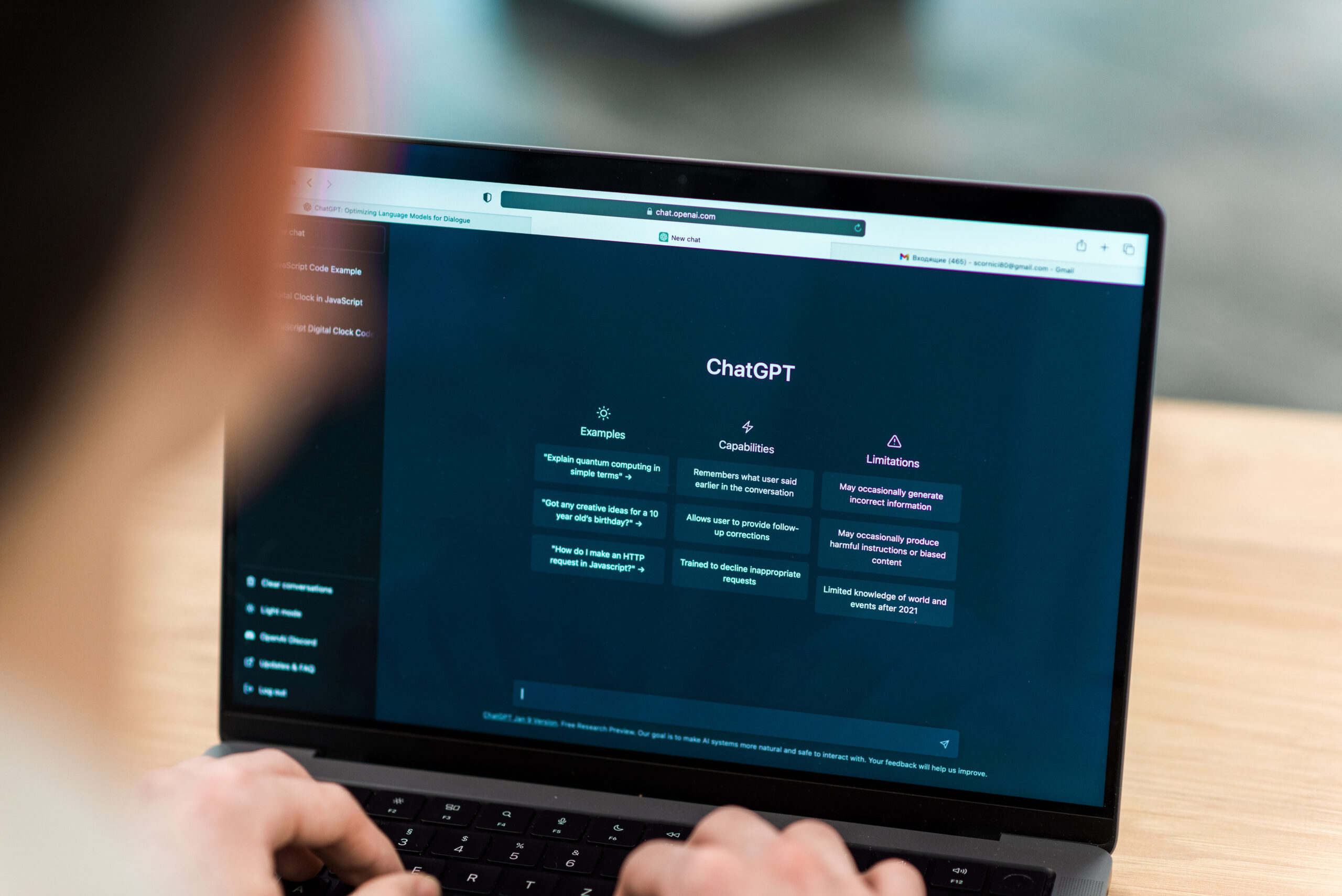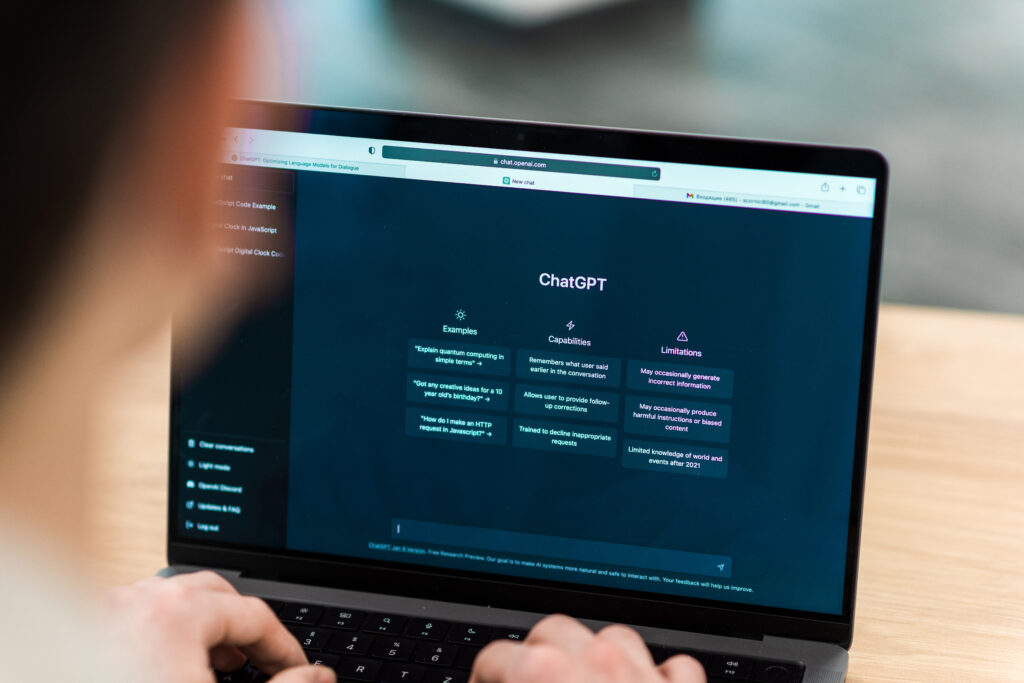Judges Corner
AI Basics For Lawyers

“Today is the worst AI will ever be.”
— Alex Irpan (Google Engineer)
In 1896, Walter Arnold was issued the world’s first speeding ticket for going 8 mph, four times the proscribed speed limit in Britain. As the House of Commons later debated raising the speed limit, a member provoked laughter when he mused that someday horseless carriages might go as fast as 20-25 mph. In less than 75 years, there were men walking on the moon.
Like virtual court hearings, AI is here to stay. It will grow exponentially more powerful and will seep into every aspect of our lives and professions. No one can accurately predict how AI will evolve. Lawyers need to adapt to it.
WHAT IS GENERATIVE AI
Generative AI is basically artificial intelligence that creates new stuff, like text, images, or even music. It learns patterns from a bunch of data and then uses that knowledge to make something fresh. The preceding two sentences were generated by Google’s Gemini when prompted to “give me a short definition of generative AI.”
WHAT CAN AI DO FOR YOU?
Even now, in its embryonic stage, AI can make lawyers more efficient. Here are just a few of the ways AI can assist lawyers.
Summarizing cases – For example, try this prompt: “what is the holding in Canakaris v. Canakaris?”
Summarizing depositions – AI can generate a very good summary of any document you provide it. This ability works well for generating deposition summaries.
Drafting letters – AI can generate relatively thorough first drafts of letters when using prompts such as “Draft a professional letter to a company inquiring about job opportunities. Keep the tone formal and highlight relevant qualifications and experience.” If you upload your CV, AI will incorporate your work history and background in the letter. The key is to specify the purpose, recipient, tone, and any other important context for the letter.
Deposition questions – If you create a prompt explaining your role, your client, and the goal of a deposition, AI will generate a list of questions. For example: “I am a lawyer representing a wife in a divorce proceeding. Generate 30 depositions questions to ask her husband about dissipating assets.”
Preparing for an Initial Client Interview– Try this prompt for suggestions on questions to ask your client: “Create questions probing my client’s role as a parent and their relationship with the children. We need evidence to support our position on child custody and visitation.”
Legal Research –Westlaw’s AI-assisted legal research is very good. The memo of law it generates can sometimes be inaccurate, so no one should quote it without reading the underlying cases. However, it usually compiles a number of highly relevant cases – and because it relies on its own database of cases, all the cases are real.
Which brings us to……
ETHICAL IMPLICATIONS
While AI can make lawyers more efficient, you must be aware of the ethical implications of AI. To that end, the Florida Bar has issued proposed advisory opinion 24-1 on the use of AI (https://tinyurl.com/t78dn7uk). All lawyers should read it. You can begin by using this prompt in ChatGPT: “Summarize the Florida Bar’s proposed advisory opinion 24-1.”
The proposed advisory opinion focuses on client confidentiality. Many generative AI tools are hosted by third-party providers. If a lawyer or paralegal inputs confidential client data into these tools, the data can be stored, processed, or accessed by the AI provider. This could potentially expose sensitive information if the provider’s security measures are inadequate or if there is a data breach.
Lawyers also need to know that AI models can “hallucinate” or fabricate genuine-looking fictional case law. In 2023, a New York lawyer submitted a brief containing fake case citations generated by ChatGPT. There have been more instances since of lawyers submitting briefs with fake cases generated by AI. We must understand the risk of relying on generative AI for legal research and drafting court documents without proper verification and oversight.
In response to these incidents, some courts have issued orders requiring disclosure that a filing has been generated with AI. No such orders should be needed because our ethics rules already advise lawyers about their responsibilities. Lawyers are responsible for their court filings, whether generated by a paralegal, law clerk, associate, or generative AI. If you sign it, you are responsible for it. As Sgt. Esterhaus advised on every episode of Hill Street Blues, “Let’s be careful out there.”
